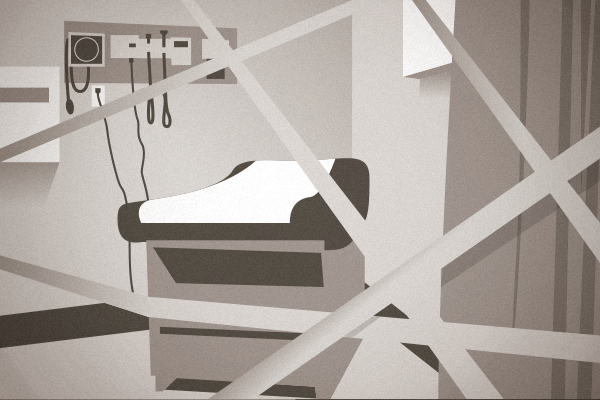MDPrevent closed on Dec. 27 2013. The preventive-medical practice was co-founded in Delray Beach, Florida three years ago. It’s premise was that patients would be better off if doctors focused on preventing disease instead of simply treating it. They ran into problems, though, and one of them was red tape. They claim that ultimately the three major healthcare industry players — providers, payers, and patients—all shared some responsibility for their failure, though.
Their experience with bureaucracy was costly. For every dollar they collected, their expenses were three times as much! Their vision was altruistic, and they’d assembled a team that included a health psychologist, registered dietitian, exercise physiologist, yoga instructor, health educator, and nurse practitioners. They designed a custom facility that included a teaching kitchen, a gym, and classrooms.
What turned out to be a huge mistake though was basing their business plan on insurance reimbursement rather than cash-only payments. They lost serious money, around $2 million in personal capital. When they saw how expensive operating was, they started cutting costs, trimming staff down to a health psychologist, a registered dietitian, and the founding doctor, who writes, “Medicare reimbursement we received for our services still could not cover our costs. I even abandoned the offices we had built-out and moved to less expensive quarters we shared with an internist. It still made no difference.” He adds, “Most of the third-party insurance companies in the area did not cover our services. Medicare was the exception, but reimbursement was insufficient to cover our costs.”
READ THE COMPLETE STORY ON THE ATLANTIC
Prepare yourself — the story elucidates the truth of American healthcare culture. Patients seem to prefer pills and prescriptions over checking labels and exercising more. There was success, though, too — a small insurance company contracted with MDPrevent in 2013, and not one patient on the plan needed to go to the hospital that year. However, when they approached larger Medicare-managed care companies, pitching them on a preventative model that would save money on hospitalizations, prescriptions, emergency care, and specialists, they were rejected. Representatives said that they did not want to “threaten or dilute” existing doctor relationships. But there’s red tape drama that would disappoint even the most “sanguine” of Medicare supporters. Brace yourself; they got a call last year from a Medicare representative who asked the company to refund their reimbursement due to a bureaucratic loophole — this after they conducted numerous counseling sessions for obesity AT A SUBSTANTIAL LOSS.
So after losing $2 million MDPrevent hung up their stethoscope. Founder Steven Charlap writes, “Patients loved my practice because I was willing to spend up to two full hours with them, most of it not reimbursed by insurance. The extra time often meant successfully making a diagnosis that had eluded other doctors for many years. It takes a very long time to get a thorough history and do a good exam and almost no time to prescribe a medication for a presumed illness. I chose the former. Insurance pays for the latter. Unfortunately, we still have a healthcare system that makes money by treating disease, rather than by preventing it.”
